“Man up!”
We’ve all heard this phrase, again and again.
Most of the time, it’s coming out of the mouth of someone telling you “Do what needs to be done.”
So that’s what you do. You push everything to the side and take care of business. All those messy emotions and feelings are for someone else, not for you. You don’t have time to deal with all that. You’ve got work to do.
What’s the problem? At the end of the day, everything got done and everyone else got taken care of. What’s wrong with that?
On the surface, nothing. You’re successful and everyone is happy with what you’ve done for them. But what’s the message underneath “Man up”?
Typically it’s used as a type of passive aggressive encouragement. You hear “Man up”, but the implied meaning is most often “Ignore the pain. Ignore your emotions. Ignore your experience. Just do what needs to be done, and you can deal with the rest later. Toughen up.”
The subtext is this: Your feelings don’t matter. Nobody wants to hear you cry or complain. The thing that is most important is what you can do for everyone else.
What happens is we subconsciously shift our focus and awareness away from our own painful emotions, and on to accomplishable tasks and assisting others in our world. We lose the ability to balance our own needs and awareness of ourselves with the needs of others.
This lack of balance can lead to us feeling isolated and alone. Like we don’t have anyone that can help or that cares. As humans, we have a basic need for connection with others. When we were young, that’s how we survived. Now that we are older, that need doesn’t magically go away.
We meet that need as adults through our most important relationships with others. These can be a relationship with a spouse or long-term partner, relationships with family, and relationships with friends. Each of these relationships provides the opportunity to both care for the important people in our lives, and the opportunity to have them care for us.
Emotional isolation prevents us from asking for our needs to be met by the people that we care about. People, that if we think about it, have our best interests at heart and would love the opportunity to help you feel less alone and isolated.
However, I don’t want to minimize how difficult it can be at times. Our strategies for managing our emotions came from somewhere or some time where it made sense. But those same strategies may not make sense today, and we’re stuck in our old way of managing emotions. This can be extremely difficult to overcome even in calm moments, and practically impossible to do when we feel stressed or overwhelmed.
Therapy can help with this. I help clients all the time to develop an awareness of their own experience, and help them identify those patterns that they feel stuck in, patterns that may not work for them any more. And over time, we’re able to work through those stuck parts and begin developing more effective strategies that feel more authentic and genuine to who you are. (End plug for starting therapy here).
So what does all this mean for toughness and masculinity?
There’s nothing wrong with being strong, and being strong for others in moments of need. There’s nothing wrong with taking care of other people. It’s not a bad thing to be kind, and it typically feels pretty good to be kind to others.
Being “tough” can become a negative thing when that strength and taking care of others is a front for how we are hurting, isolated, and afraid and we ignore those negative emotions. Ignoring them doesn’t make them go away. At best, we’re hitting the snooze button on when we feel the true weight of them. That facade or front can only hold up for so long, and most of the time we don’t get to choose when it breaks.
Toughness isn’t about never breaking, never having needs, or never asking for help. Toughness is having the intelligence to know when we need something, and having the courage to ask for it in appropriate ways from important others that can help us meet our needs. You can’t be tough and go it alone. Isolation does not encourage strength or resilience. Isolation kills, plain and simple.
I’m not suggesting you ditch your whole identity or definition of who you are. I’m suggesting that you develop an awareness and honesty with yourself to know when it’s time to reach out to someone for help, or even just someone to talk to. Emotional isolation isn’t the type of strength that is sustainable.
“Notice that the stiffest tree is most easily cracked, while the bamboo or willow survives by bending with the wind.” – Bruce Lee

